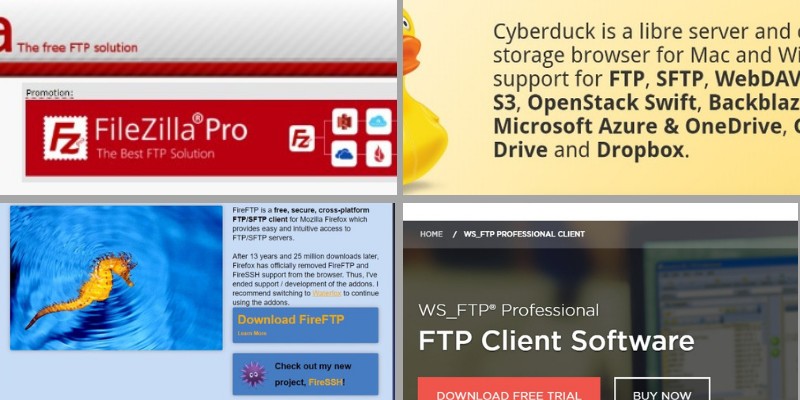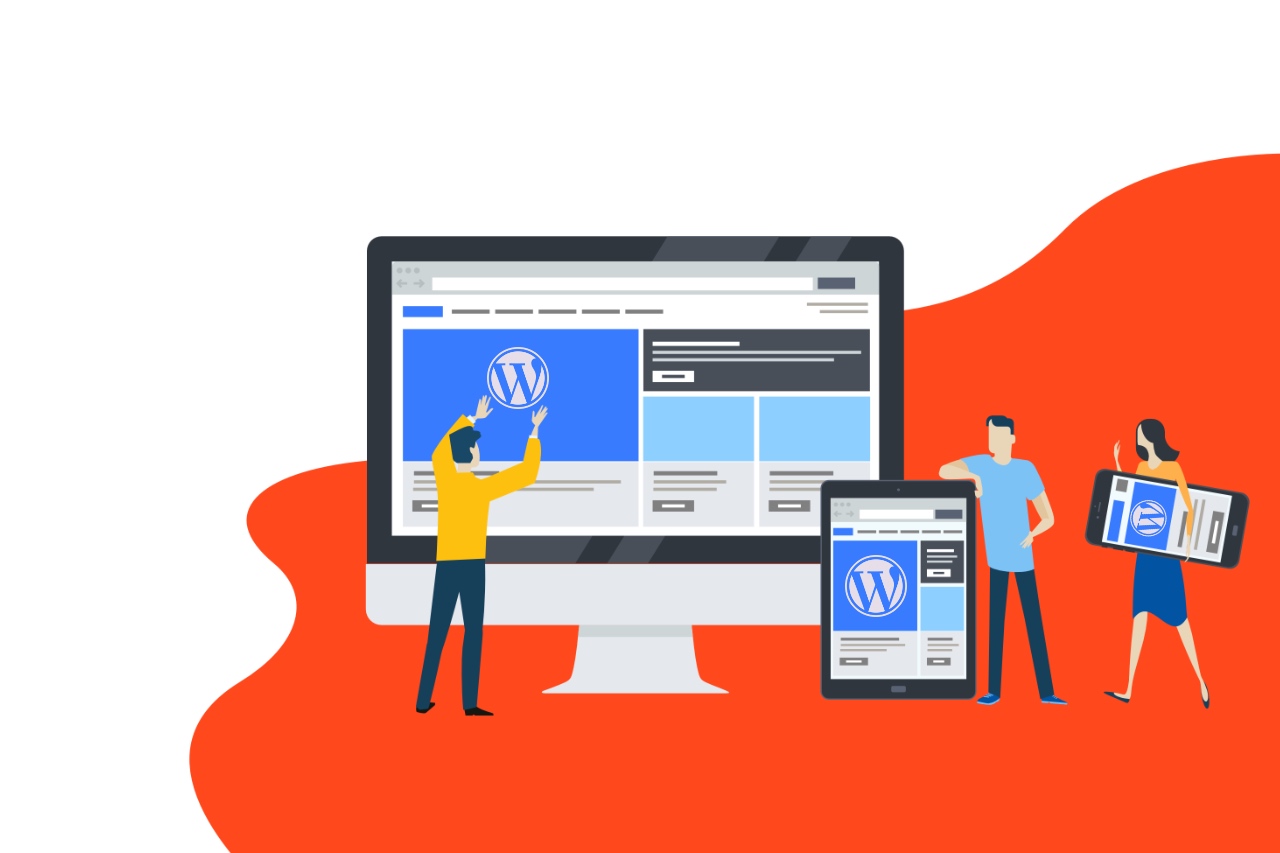
A web-server is a server that hosts files, such as HTML documents and images, for a site. HTTP technology then allows the server's files to be delivered per request by the browser of a website visitor.
A web server is a combination of software and hardware. Hardware includes a computer server and a device for storing data, like a hard disk. The software component consists of a set components that controls how the hosted contents are delivered.
There are two types of web servers: static and dynamic. Static web servers send the hosted files as they are, while dynamic web servers update the hosted files when a client requests them from the server's database.
Google's Director of Engineering Ben Jai explained that the company takes a different approach when it comes to its data center infrastructure. For example, Google doesn't rely on giant machines to provide power in its data centers--it instead uses batteries that kick in automatically and quickly in the event of a power outage.

Google is able to lower its energy costs thanks to the battery's design, he added. The company's Power Usage Effect (PUE), which is calculated every 30 seconds by engineers, allows them to develop predictive models that allow for cooling adjustments and energy savings.
Google also saves energy by using a "defense-in-depth" strategy, which includes firewalls and access control lists that are industry standard. This protects its network against malicious activity. These measures are intended to detect destabilizing events, remediate them and slow down any potential attacks before they become critical.
The servers of Google are also protected with proprietary systems, which check for binary modifications. If a breach occurs, these systems will restore the server to its standard state. Google's self-healing, automated mechanisms are crucial to its efforts to protect their networks from exploitation.
Google's computers, in addition to being protected by software that monitors and reports suspicious activity to the security team of the company, are also constantly monitored for suspicious activities. This prevents Google's servers from being compromised by outside hackers.
Lastly, Google's computers are protected by specialized hardware that helps to identify and repair memory leaks and other issues that could lead to system failures. These devices use magnetoresistive sensor to determine how much memory of a computer is exposed, and reload it when necessary.

Google's proprietary internal internet, spread across 40 datacenters around the globe, is largely based upon proprietary and custom tools. These include a highly-secret distributed filesystem called GFS as well as Spanner platform, which moves and replicates load between its datacenters in case of traffic or equipment issues.
Google claims that 1.8 billion users are active and rely on Google for storage of at least 27 petabytes. That's more than enough space to store the entire Google database of user photos, documents, and other data.
FAQ
Can I use HTML & CCS to build my website?
Yes! If you've followed the steps, you should now be able create your website.
Now that you are familiar with how to create a website's structure, you will also need to be familiar with HTML and CSS programming.
HTML stands for HyperText Markup Language. It is similar to writing a recipe. You would list ingredients, directions, etc. Similarly, HTML tells a computer which parts of text appear bold, italicized, underlined, or linked to another part of the document. It's the language of documents.
CSS stands to represent Cascading Stylesheets. It is like a stylesheet that you use to create recipes. Instead of listing out each ingredient and instruction, you write down general rules for things like font sizes, colors, spacing, and more.
HTML tells the browser what HTML is and CSS tells it how.
You don't have to be a prodigy if you don’t get the terms. Follow the tutorials and you will soon be creating beautiful websites.
Is it more likely to be hired as a web developer if I have a good portfolio?
Yes. It is important to have a portfolio when applying for web design or development jobs. Portfolios must showcase your skills and experiences.
A portfolio typically includes samples from your past projects. You can include anything that demonstrates your skills. You should have everything in your portfolio, including mockups.
Is it better to hire a web designer than do it myself?
If you are looking to save money, don't spend on web design services. But if you want quality results, then hiring someone else to create your website may not be worth the cost.
The truth is, there are many different ways to build websites from scratch without the need for expensive professional designers.
You can make a beautiful website if you are willing to work hard and put in the effort.
You might also consider outsourcing your project to an experienced freelance web developer who charges by the hour instead of per-project.
Statistics
- In fact, according to Color Matters, a signature color can boost brand recognition by 80%. There's a lot of psychology behind people's perception of color, so it's important to understand how it's used with your industry. (websitebuilderexpert.com)
- It's estimated that chatbots could reduce this by 30%. Gone are the days when chatbots were mere gimmicks – now, they're becoming ever more essential to customer-facing services. (websitebuilderexpert.com)
- At this point, it's important to note that just because a web trend is current, it doesn't mean it's necessarily right for you.48% of people cite design as the most important factor of a website, (websitebuilderexpert.com)
- The average website user will read about 20% of the text on any given page, so it's crucial to entice them with an appropriate vibe. (websitebuilderexpert.com)
- Did you know videos can boost organic search traffic to your website by 157%? (wix.com)
External Links
How To
What is website hosting?
Website hosting is the place where visitors go to visit a website. There are two types of website hosting:
-
Shared hosting - This is the cheapest option. Your website files reside in a server managed by another company. Customers visit your website and send their requests over the Internet to this server. You then receive the request from the owner of the server.
-
Dedicated Hosting - This option is the most costly. Your website is located on only one server. No other websites share space on the server, so your traffic stays private.
Because it is less expensive than dedicated hosting, shared hosting is preferred by many businesses. You can use shared hosting if the company owns the server to provide the resources required for your website.
Each option has its pros and cons. These are some of the major differences between them.
Sharing Hosting Pros
-
Lower Cost
-
Easy to Setup
-
Frequent Updates
-
It can Be Found On Many Web Hosting Companies
Shared hosting can often cost as little as $10/month. This price often includes bandwidth. Bandwidth is the data transfer speed that you have over the Internet. You may have to pay extra for large amounts of data, even if your blog only contains photos.
You will quickly see why you paid so much for your former host once you have started. Most shared hosts don't offer any customer support. Although they will help you set up your site occasionally, you are on your own once you have done that.
Providers that offer 24-hour customer support are worth looking into. They will take care of any issues while you sleep.
Cons of dedicated hosting
-
More Expensive
-
Fewer Common
-
You will need to have special skills
With dedicated hosting, everything you need for your website is at your fingertips. You won't worry about how much bandwidth you are using or how much RAM (random Access Memory) you have.
This means you'll have to spend more upfront. However, once you start running your business online, you'll find that you won't need much technical assistance. You'll quickly become an expert at managing your server.
Which is better for my business?
The answer depends on what kind of website you want to create. Shared hosting might be best if you just want to sell products. It's very easy to setup and maintain. It's easy to set up and maintain, as you share a server with other sites. You will likely be updated frequently.
However, dedicated hosting can be a great option if you're looking to build a community around the brand. Instead of worrying about traffic, you can concentrate on building your brand.
Bluehost.com offers both. Bluehost.com offers unlimited monthly data transfers, 24/7 customer support, domain registrations free of charge, and a 30-day guarantee for your money back.